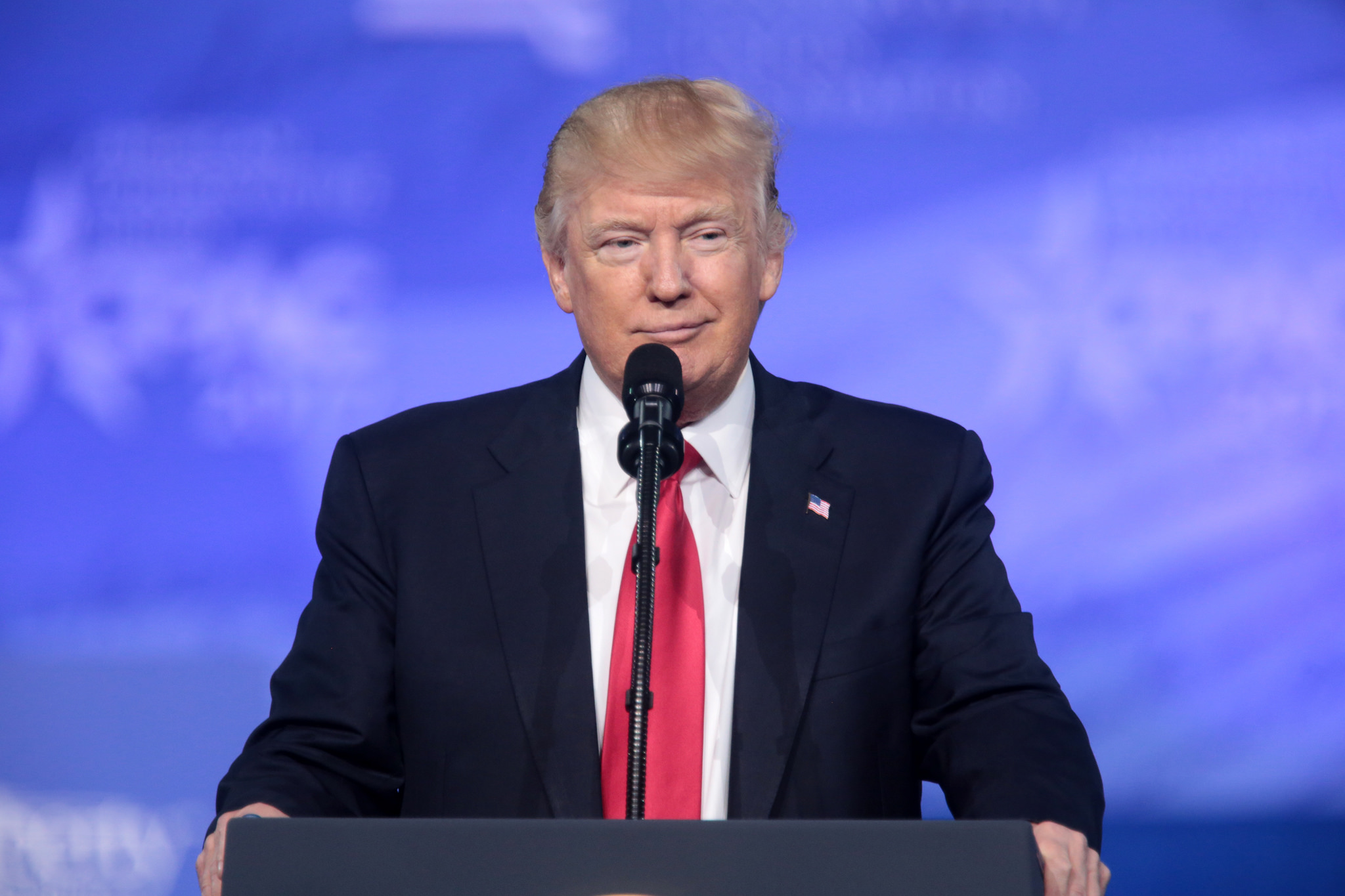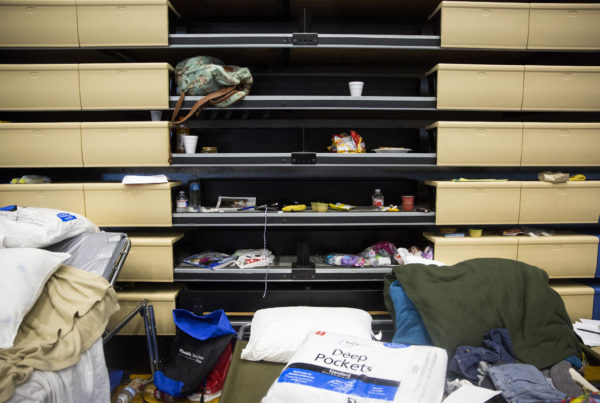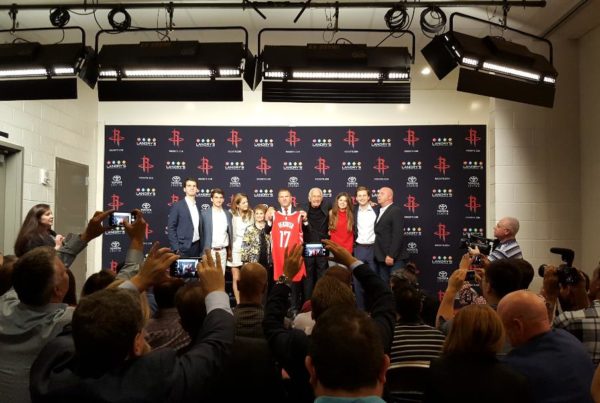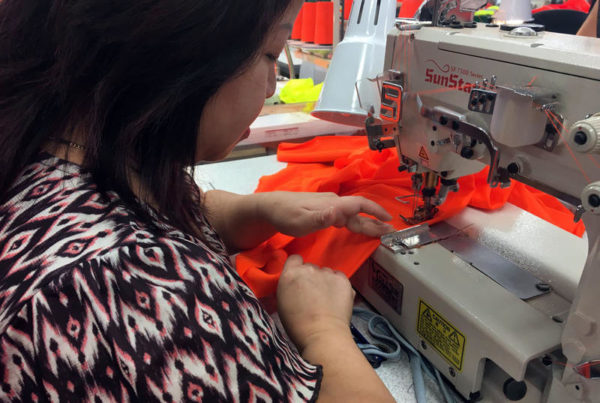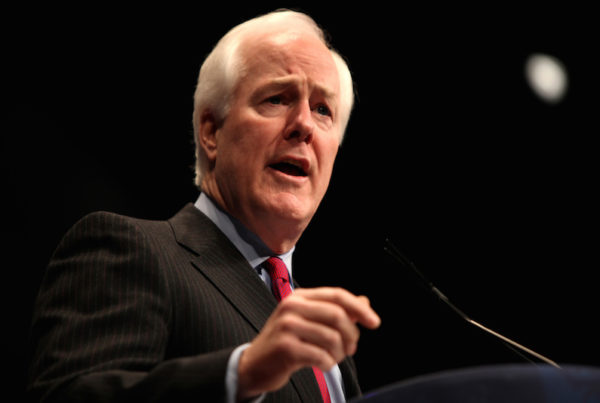Published reports say the Trump administration wants to decertify the nuclear agreement with Iran. All signs point to President Donald Trump announcing that the international accord is no longer in America’s national security interests. Since several other countries are parties to the nuclear deal, the question is: would a U.S. pullout kill the deal altogether?
Paul D. Miller, associate director of the Clements Center at The University of Texas at Austin, says a U.S. pullout would weaken the nuclear deal considerably, though European countries might choose to pursue its continuation on their own.
“I think this is going to be a test of how far the world can go without clear American leadership,” Miller says. “The Europeans may want to have an opportunity to see if they can carry the ball forward with the Iran nuclear deal without American involvement. And the Iranians might be perfectly willing to see if that could actually work.”
Miller says Europe is already showing signs of a willingness to work without the U.S. to achieve international goals. He saw the change first-hand while attending an international conference in Riga, Latvia.
“It was remarkable how little they talked about American policy,” Miller says. “They were very much focused on finding European solutions to world problems, and looking for increased German leadership.”
Miller says detachment from Europe, and from international concerns generally, may be just what some Americans, including the president, want to see.
“I think the American people want to get the benefits of that world without paying the costs of having to lead that world,” Miller says. “And I’m not convinced that will work.”
The nuclear deal with Iran is not perfect, Miller says, even in the view of those who support remaining in it. For one thing, nuclear inspectors are unable to verify all of Iran’s claims with regard to reduction of nuclear development. Miller characterizes enforcement and verification elements of the agreement as “a little weak.”
“It seems to me that [President Trump] is using that as an excuse to torpedo this, and relieve the United States of responsibility to remain actively involved in diplomatic efforts to resolve the problem with Iran,” Miller says.
Miller says the conflict between the U.S. and Iran remains dangerous. “It’s kind of a militarized standoff,” he says. Iran continues to sponsor terrorism, and remains committed to the idea of building a nuclear weapon.
Written by Shelly Brisbin.


